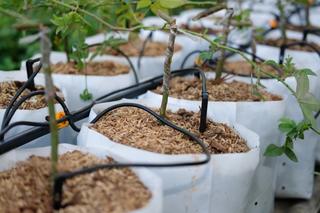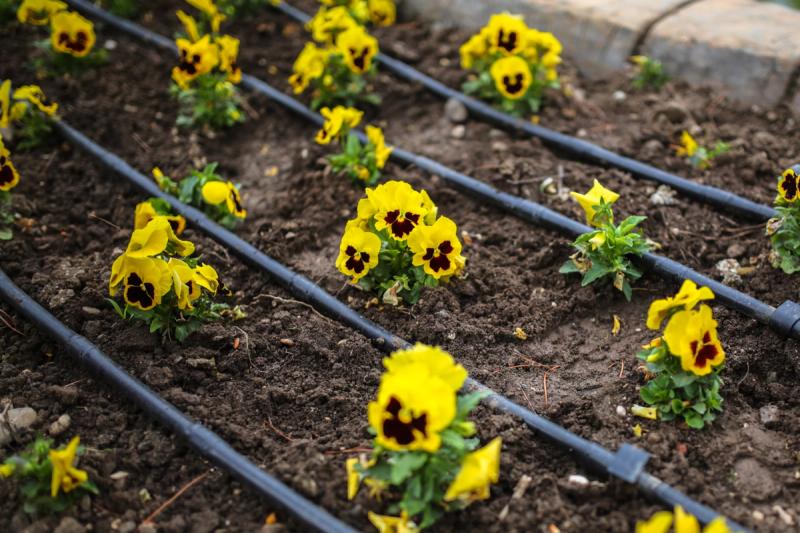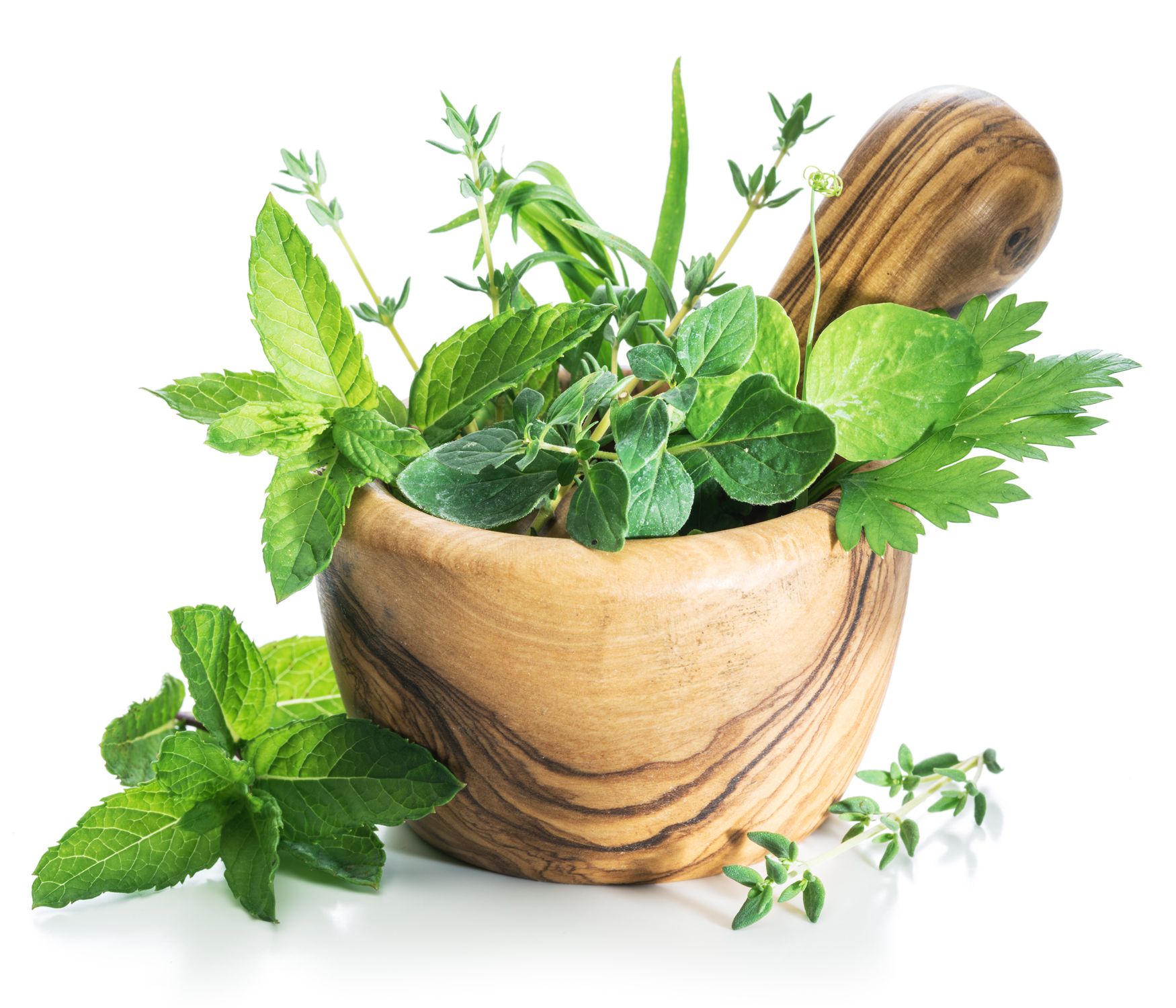Subsurface Irrigation
Rethinking the Way You Water


Irrigation on the surface is a straightforward process of introducing water to the soil around plants and trees, in the root zone, to facilitate growth, which is part of photosynthesis.
Most garden enthusiasts, irrigation contractors, landscapers, gardeners, urban farmers and farmers are very comfortable with above-ground irrigation. In the past few years, drip irrigation has become more popular as a low-flow method that reduces water usage by minimizing evaporation.
Many people have grown accustomed to using sprinklers to foster plant growth. What is often overlooked is that most plants and trees prefer to avoid frequent watering. They don’t like getting a bath on a regular basis. Directing water onto leaves and tree trunks can lead to disease susceptibility and leaf scorch, plus it’s a huge water waste.

While drip irrigation has gained popularity recently, it still presents challenges related to water loss and ensuring water penetration to the roots.
Delivering Water to the Roots
The practice of delivering water under the ground directly to the roots of plants and trees has existed for 2,000 years and was more recently developed in this country around 1959. Many advancements have been made in the past decade.
Subsurface watering has yet to be widely adopted because most gardeners enjoy seeing water spray in the air or pool on the ground.
Regardless of your watering devices, the results speak for themselves. With these systems, all the water efficiently reaches the root zone without any losses due to evaporation. Moreover, they offer exclusive access to roots for applying fertilizers, pest controls and the opportunity to enhance soil health by incorporating compost directly into the root zone.
By utilizing subsurface watering devices, maintenance of spray heads and drip systems is minimized, broken spray heads are eliminated and water is precisely delivered to where it’s needed most — the roots of plants and trees.
Tags:Garden & Landscape

Acreage Life is part of the Catalyst Communications Network publication family.















